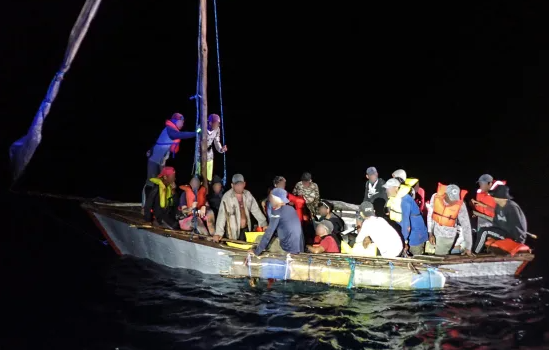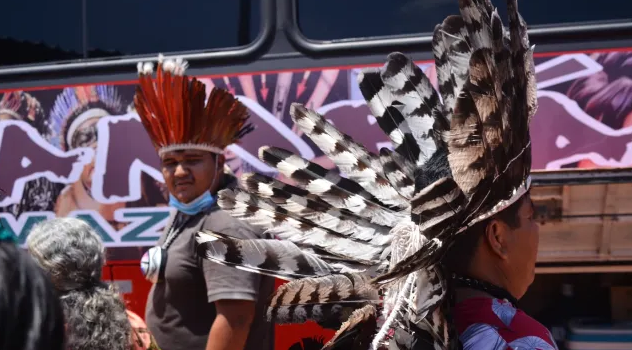
Concerns Grow Over Costs and Exploitation in Asylum Process
Since the Biden administration announced a limited acceptance of migrants from Venezuela, Cuba, Nicaragua, and Haiti, an underground market for U.S. sponsorship has arisen. Pedro Yudel Bruzon, a Cuban seeking asylum, encountered a Facebook page where individuals demanded up to $10,000 for sponsorship, highlighting the desperation faced by many.
Under the humanitarian parole program, applicants require a financial supporter in the U.S.—typically a friend or family member—to guarantee financial backing for at least two years. Lacking such connections and unable to afford a sponsor, Bruzon worries about potential scams and exploitation: “They call it humanitarian parole, but it has nothing to do with being humanitarian,” he stated, reflecting on his struggles as a security guard in Havana.
While the extent of this practice remains unclear, numerous Facebook groups offer sponsorship, often with questionable legitimacy. Immigration attorneys have noted the lack of specific laws against charging for sponsorship, raising concerns about potential trafficking and fraud. “As long as everything is accurate on the form and there are no fraudulent statements, it may be legal,” explained attorney Taylor Levy, adding that the notion of paying for a promise of support seems “counterintuitive.”
Leon Fresco, a former aide to Senate Majority Leader Chuck Schumer, described charging for sponsorship as a “gray area” and advocated for a clear message against such practices. Kennji Kizuka from the International Rescue Committee echoed these sentiments, stating that similar issues arise with every new U.S. program for migrants, warning that some may exploit vulnerable individuals.
Past experiences with other immigration programs have led to the government issuing guidance on spotting human trafficking schemes. One prevalent issue is notario fraud, where individuals misrepresent themselves as qualified legal advisors, misleading migrants into paying substantial fees. Additionally, scams involving impersonation of U.S. officials requesting money have been reported, with the U.S. government clarifying that it does not accept certain payment methods for immigration fees.
U.S. Citizenship and Immigration Services (USCIS) has cautioned about potential exploitation within the new humanitarian parole program and reassured the public that it conducts thorough vetting of prospective supporters. However, the agency did not confirm whether any applications had been turned down due to concerns about financial requests from potential sponsors.
As of January 25, the Department of Homeland Security reported that 1,700 humanitarian parole applications from Cubans, Haitians, and Nicaraguans were accepted, amid a legal challenge to stop the program that could allow up to 360,000 people to enter the U.S. annually.
One Facebook advertisement for paid sponsorship led to a person in Pensacola, Florida, who had previously sponsored relatives for $10,000 each but refused to provide further information. Others have reported fees as high as $2,000, covering sponsorship, document processing, and travel costs, with attempts to reach these individuals often resulting in unanswered calls.
Pedro Manuel Carmenate, who sought sponsorship, expressed concern about the prevalence of scams targeting desperate individuals. “It’s very easy to trick a desperate person,” he remarked, highlighting the vulnerability of many in his situation.
Despite the troubling landscape, initiatives like Welcome.US aim to connect migrants with American sponsors without financial demands. Nonprofit organisations, such as USAHello, are also working to disseminate accurate information about the sponsorship process, with executive director Sarah Ivory noting the frustration surrounding the rise of paid sponsorship offers. “Many report that they barely have the money to feed themselves, much less pay to get a passport or arrange a sponsor,” she said.














